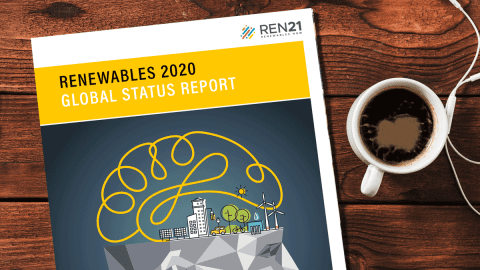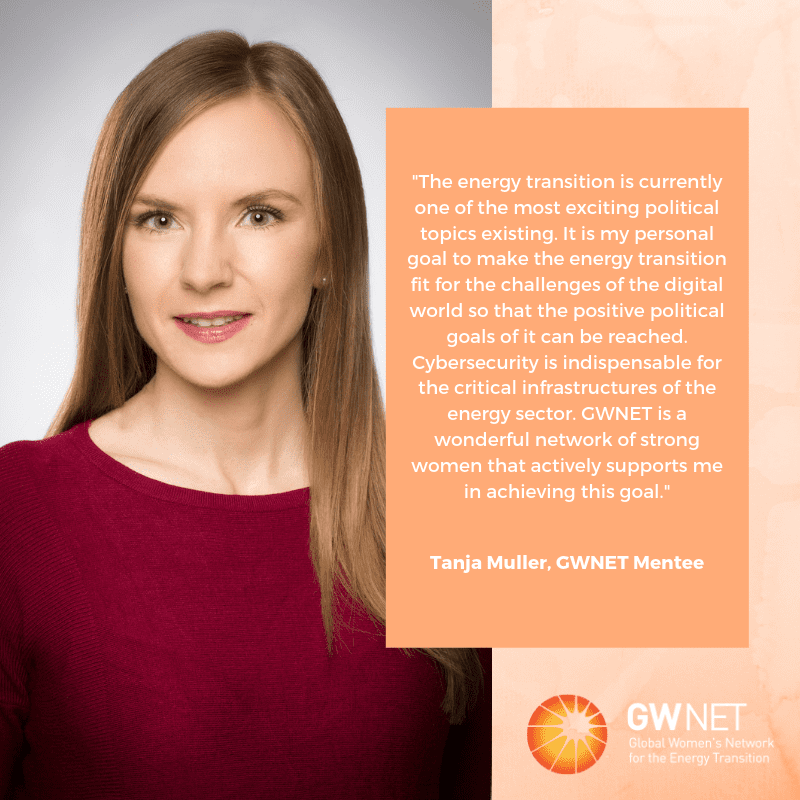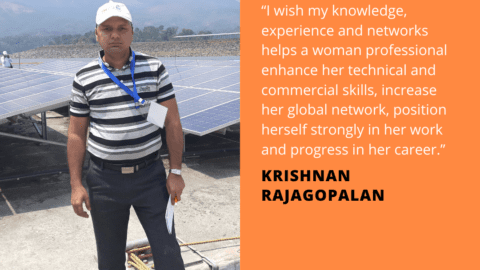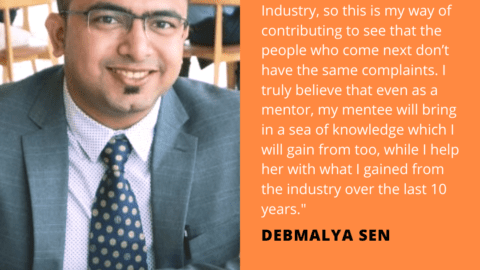GWNET brings you the 11th instalment of the “Meet the Women in Clean Cooking” series which celebrates the work and achievements of the women who are part of the Clean Cooking Mentorship Program. This program is made up of 30 mentee-mentor tandems, with mentees from over 15 countries. Meet Clean Cooking mentor, Ifey Ikeonu, an Energy Policy & Regulations Consultant in Ghana.
1) Tell us a little about yourself. What do you love most about what you do?
I am an Energy Policy and Regulations Consultant who has spent the last 30 years working in various tiers of the energy sector in Africa. Working as a consultant now enables me to use the wealth of experience gained from the various roles I have played in the sector to advise governments, development agencies, public, and private institutions on policy and regulatory initiatives towards the reform of the energy sector and tackling energy access challenges in Africa.
I am particularly interested in policy and regulatory initiatives towards promoting clean energy and have worked on a number of projects in this regard. I have been involved in structuring and implementing an energy access programme in northern Ghana which involved the deployment of solar home systems and energy-efficient cookstoves to women in hard to reach communities.
Working in the development sector, especially clean energy projects in rural communities in Africa gives me a great deal of satisfaction as you can immediately see the positive results of such projects in the lives of the community members, especially women. Energy access, which includes clean cooking, has a cross-cutting positive impact on all other development sectors including health, education, economic empowerment and agriculture.
2) What were your goals when you started working in clean cooking? How have these evolved?
My goals essentially were to integrate clean cooking as part of energy access programmes at policy levels so that sufficient attention is given to it at the planning level. I realized that a lot of governments, while developing energy access programmes pay a lot of attention to the provision of electricity services but the same level of attention is often not given to clean cooking which should be seen as an integral part of a holistic clean energy access programme at a national level.
I have also now seen the need for more advocacy in this area to attract more private sector initiatives and support from development funding institutions that can support not only entrepreneurs in the clean cooking sector but also fund research for even more efficient and affordable cookstoves. The affordability of efficient cookstoves remains an issue especially in regards to the cost of different fuel sources used by the clean cookstoves. Cheaper options will make it much easier for poorer women in rural communities to buy and use these cookstoves in the longer term.
3) What are the opportunities for clean cooking in your country?
Opportunities for clean cooking in Ghana are huge given the fact that up to 70% of households in the country rely on wood fuels (mostly firewood & charcoal) for cooking. Wood fuels are not only environmentally unfriendly but constitute a major source of health hazards to women and children who are often continually exposed to harmful pollutants from these fuel sources.
While tremendous strides have been made in increasing electricity access in the country to 85%, progress in clean cooking has been very slow and it is arguably the next frontier to conquer in the quest for clean energy thus creating enormous opportunities for businesses in this area.
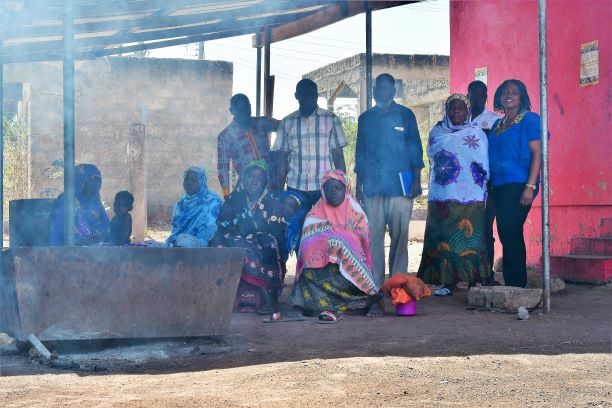
I believe the major challenge in this area remains how to tackle the issue of affordability for clean cooking options both at the policy and business level. The reliance on firewood and charcoal by the majority of households is based on the fact that most of these households simply cannot afford other clean cooking options, which in the case of Ghana would be LPG or electricity.
There have been efforts by a number of SMEs who have introduced cheaper clean cooking alternatives like more efficient charcoal stoves or biomass stoves utilizing pellets/briquettes. While these are relatively cheaper options than LPG or electric stoves, they still remain unaffordable to a lot of households.
We have therefore been advocating for better policy initiatives in this regard to address the issue of affordability through government-funded subsidies for certain classes of poor and vulnerable households. We are also encouraging more research in this area to see the possibility of further reducing the deployment costs of such stoves and fuel sources through improved technology.
5) What advice would you give to women hoping to join the clean cooking sector?
The clean cooking sector is one of the most interesting sectors in energy as it is a good area for people willing and ready to make a cross-cutting positive impact across several developmental sectors. I will advise those wishing to join this sector to come prepared with ideas, innovative solutions, and business models that will be useful in turning the many challenges in the sector, particularly in Africa, into rewarding opportunities, not just for the communities but also for businesses.
Read more about GWNET’s mentoring programmes here.
If you are interested in volunteering as a mentor in one of GWNET’s mentoring programmes (which involves approx. 1 – 1.5 hours of engagement per month plus optional participation in knowledge-transfer webinars), kindly fill-in the Mentor Datasheet.






